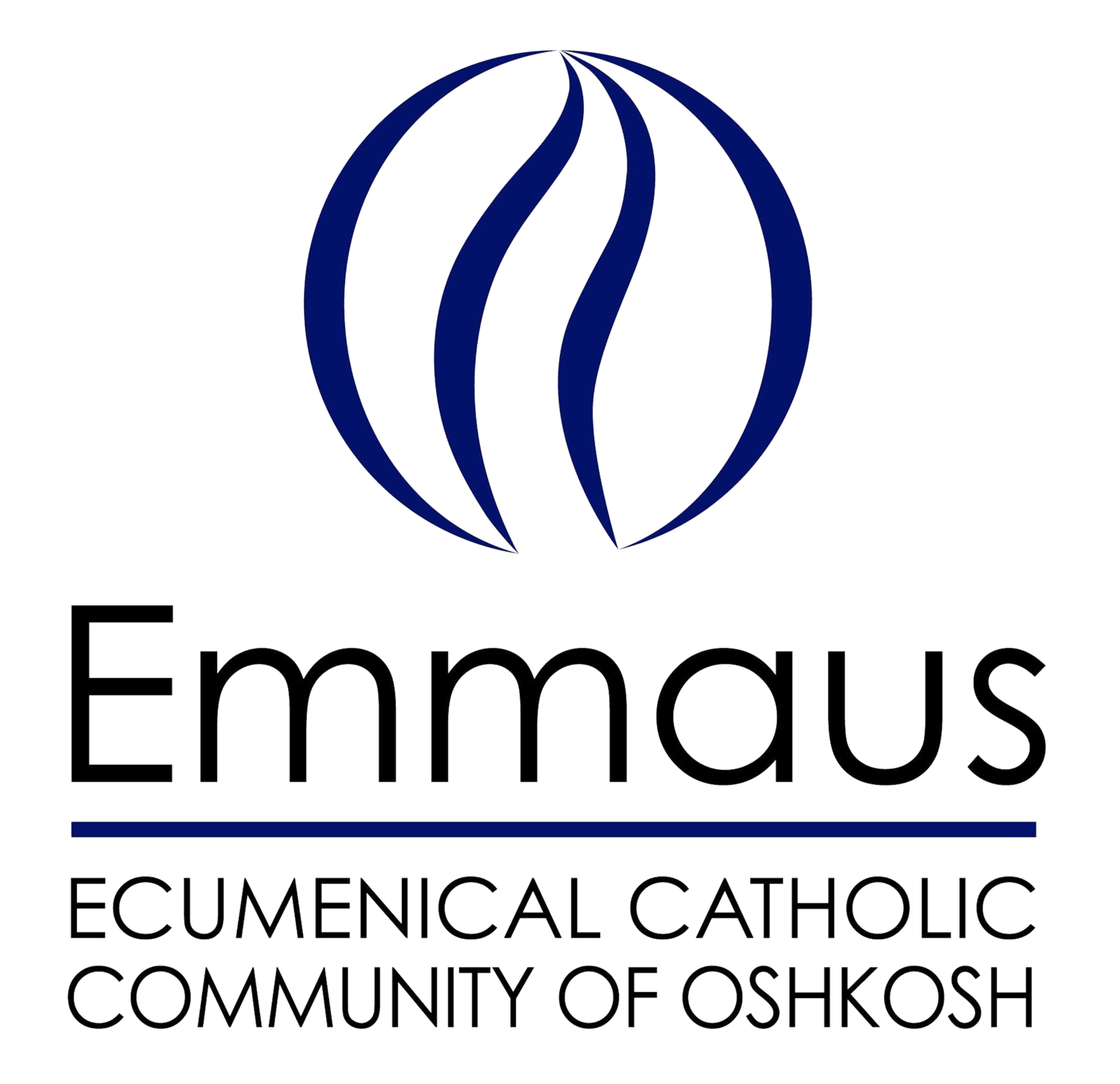Easter message from the Office of the Presiding Bishop.
I am the Good Shepherd
We consider these cozy and comforting verses — and they are often read at Christian funerals. But the truth is that they are somewhat confusing to anyone seeking safety or comfort.
In the ancient world, sheep were important to their owners; sheep were important for the economy. They signified wealth and status. Despite their value, the job of shepherd often fell to society’s least important members. A shepherd tended sheep, guided and guarded them, provided food and protection and cared for them.
Sure, someone might do the job well, but shepherds themselves weren’t generally seen as good people, not as someone you’d want to hang around with or be your friend. They were expendable people in menial but necessary jobs.
Not that different from many jobs today:
I am the good migrant farm laborer.
I am the good dishwasher.
I am the good night security guard.
I am the good housekeeper.
I am the good sanitation worker.
I am the good preschool teacher.
I am the good shepherd.
These are biblical texts of reversal, with radical implications. It was obvious that the sheep were valuable and needed attention. But if we focus only on the sheep, we might miss the most compelling point. Jesus identified himself with the shepherd — a job held by those unfit for any other occupation.
Respectable people must have winced.
He elevated a mean occupation to sacred status, claiming it to be the very work of God. In effect, he extended dignity to all those consigned to such work by the powerful and wealthy. While criticizing “hirelings” who treated their work carelessly, he sided with those who did the good and essential work of community — tending, guiding, guarding, providing, protecting, and caring.
I am the good shepherd.
Suddenly, the sheep — although always financially valuable — become more than mere property. And the shepherd, the necessary but largely invisible cog in the economic machine, is ennobled. The new community isn’t based on money and status, but on compassion, care, mutuality, and service.
This is the comfort and safety of God’s commonwealth — God loves, the Good Shepherd loves, and the community is constituted by and bound by love. Jesus imagines an entirely different kind of flock, not one owned by some greedy and distant overlord, but an inclusive human family tended by the motherly care of God and led by little children.reflection.
From Dianna Butler Bass

